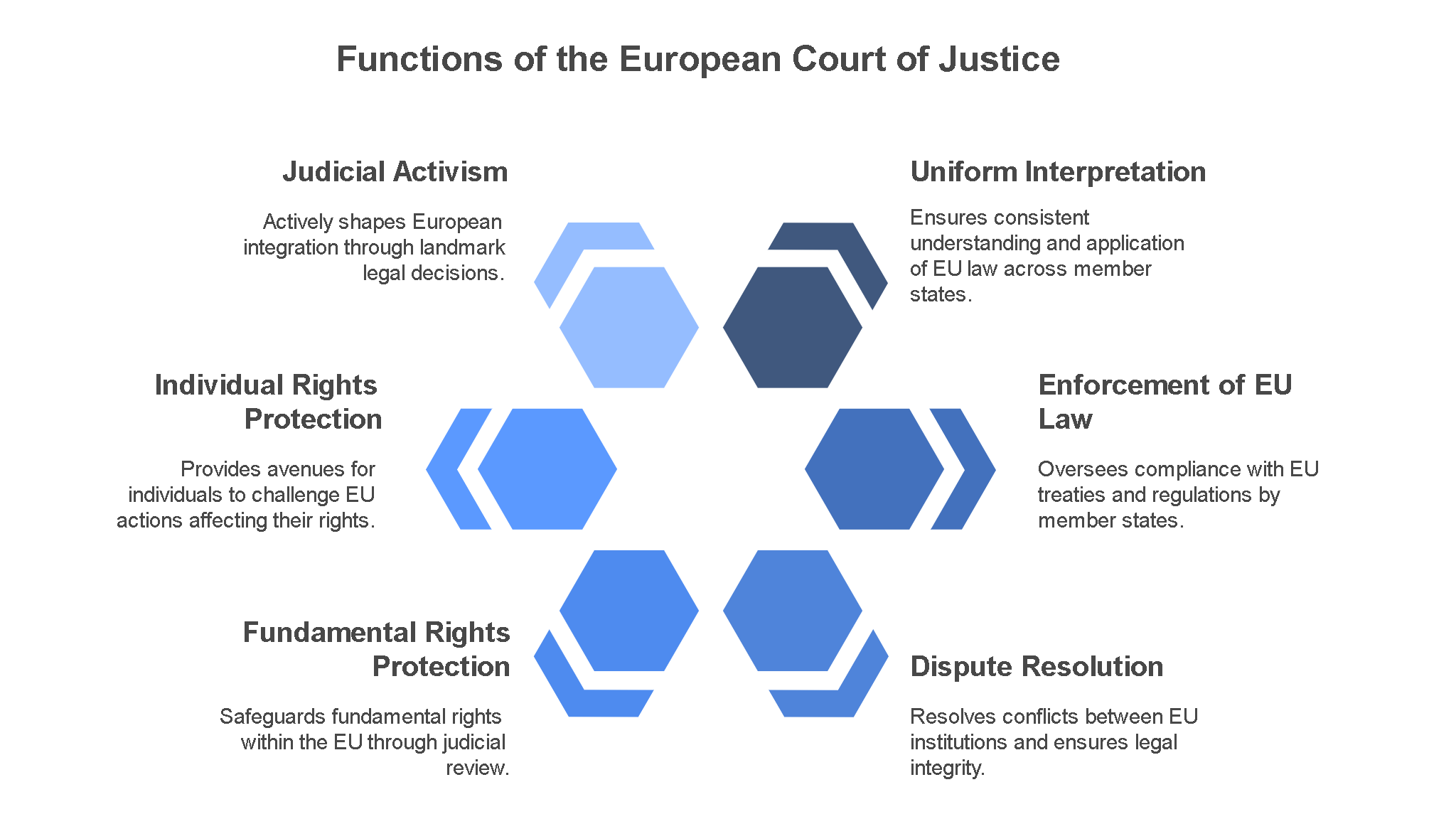Erode Venkata Ramaswamy Naicker, popularly known as Periyar, was a pioneering social reformer, rationalist, and political thinker who played a foundational role in critiquing the caste-based inequalities and religious orthodoxy prevalent in Indian society, particularly in Tamil Nadu. Born in 1879, Periyar emerged as a key figure in the anti-caste and anti-Brahmanical movements of the early 20th century. His critique of Hinduism and Brahmanical domination was rooted in his larger struggle for rationalism, self-respect, and social justice for the oppressed, especially the non-Brahmin and Dalit communities of South India.
Periyar’s critique can be understood in the following major themes:
1. Opposition to Brahmanism and the Caste System
At the heart of Periyar’s thought was a radical opposition to Brahmanism—a term he used to describe the system of religious and social practices that upheld caste hierarchies and gave Brahmins social and ritual superiority. He believed that Brahmins had historically dominated the religious, educational, and administrative sectors to maintain their supremacy.
- He stated, “Brahmins have monopolised everything in the name of religion and god. They have enslaved the rest of society by keeping them ignorant and obedient.”
- Periyar viewed the caste system not as a natural order but as a deliberate tool of oppression invented and sustained by Brahminical texts like the Manusmriti.
- He denounced the idea of ‘varna’ and hereditary caste as dehumanizing and as a barrier to human dignity and equality.
2. Critique of Hindu Scriptures and Mythology
Periyar did not merely critique caste practices; he went to the ideological roots by attacking Hindu religious scriptures, epics, and rituals.
- He condemned the Manusmriti, Ramayana, and Mahabharata as texts that promoted caste oppression, patriarchy, and discrimination.
- In the Ramayana, for instance, he criticized the episode where Rama kills Shambuka, a Shudra who was engaged in penance, for transgressing caste boundaries.
- He argued that these scriptures were created to sustain Brahminical authority and deny basic human rights to lower castes and women.
- Periyar advocated the burning of the Manusmriti and criticized the idol worship and temple culture which, according to him, were instruments of economic and psychological exploitation.
3. Promotion of Rationalism and Atheism
Periyar’s rejection of Hinduism was deeply tied to his advocacy for rationalism, atheism, and scientific temper. He believed that religion, especially in its Brahminical form, thrived on blind faith, superstition, and fear.
- He famously declared, “There is no god, there is no god, there is no god at all. He who invented god is a fool; he who propagates god is a scoundrel; he who worships god is a barbarian.”
- This radical atheism was not simply about the non-existence of god but about liberating the human mind from the shackles of religious dogma and hierarchical thinking.
4. Self-Respect Movement and Anti-Hindi Agitations
Periyar’s activism took an organized form through the Self-Respect Movement (founded in 1925). The movement emphasized individual dignity, gender equality, inter-caste marriage, and rational thinking. It encouraged the lower castes to assert their rights and question the legitimacy of upper-caste hegemony.
- He also led the Anti-Hindi agitations in Tamil Nadu, opposing the imposition of Hindi as a national language, which he saw as a move by North Indian Brahmins to dominate Dravidian culture and language.
- He advocated for Dravidian identity as a cultural and political assertion against Aryan domination.
5. Gender Equality and Women’s Rights
Periyar’s critique of Hinduism was also tied to its patriarchal norms. He argued that Hindu texts had subordinated women, denied them education and property rights, and confined them to domesticity.
- He supported women’s education, birth control, widow remarriage, and inter-caste marriage.
- Periyar opposed the institution of marriage as a patriarchal tool and encouraged women to seek independence and equality in all spheres.
6. Dravidian Nationalism and Political Vision
Periyar’s religious critique fed into his broader vision of Dravidian nationalism. He believed that the Dravidians (inhabitants of South India) were culturally and racially distinct from the Aryans (North Indians), whom he saw as the original authors and beneficiaries of the Brahmanical social order.
- He called for a separate Dravidian state (“Dravida Nadu”) to escape Aryan and Brahminical domination.
- While this idea never came to fruition, it shaped the Dravidian political movement and gave rise to powerful regional parties like Dravida Munnetra Kazhagam (DMK).
7. Lasting Legacy and Influence
- Though controversial, Periyar’s ideas had a lasting impact on Tamil society and Indian politics.
- His thoughts continue to inspire movements for social justice, Dalit empowerment, and anti-caste activism.
- Dravidian politics in Tamil Nadu, even today, owes much to Periyar’s ideology.
Scholars like Gail Omvedt have acknowledged Periyar’s role in shaping a radical critique of religion and caste, placing him alongside other anti-caste thinkers like Jyotiba Phule and B.R. Ambedkar.
Conclusion:
Periyar’s critique of Hinduism and Brahmanical domination was comprehensive, radical, and rooted in a vision of social justice and human dignity. Through his denunciation of scriptures, deconstruction of myths, and promotion of rationalism, Periyar sought to liberate the marginalized from centuries of oppression. Though often perceived as extreme, his legacy remains vital in the ongoing struggle for equality and secularism in India. His bold intellectual stance invites critical reflection on religion’s role in sustaining social hierarchies and the importance of reason, justice, and equality in building a truly democratic society.



Leave a Reply